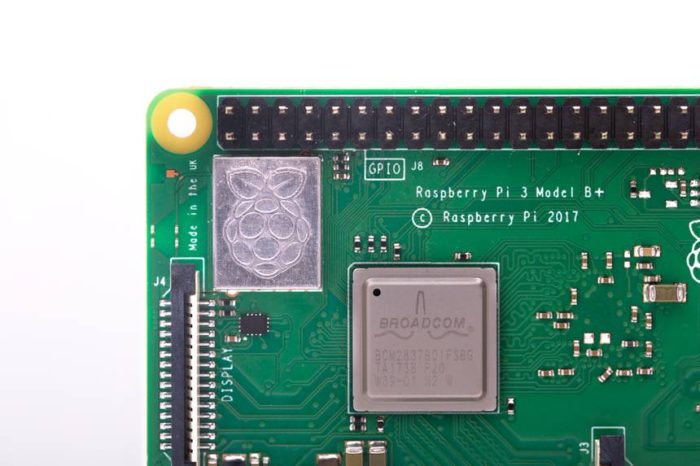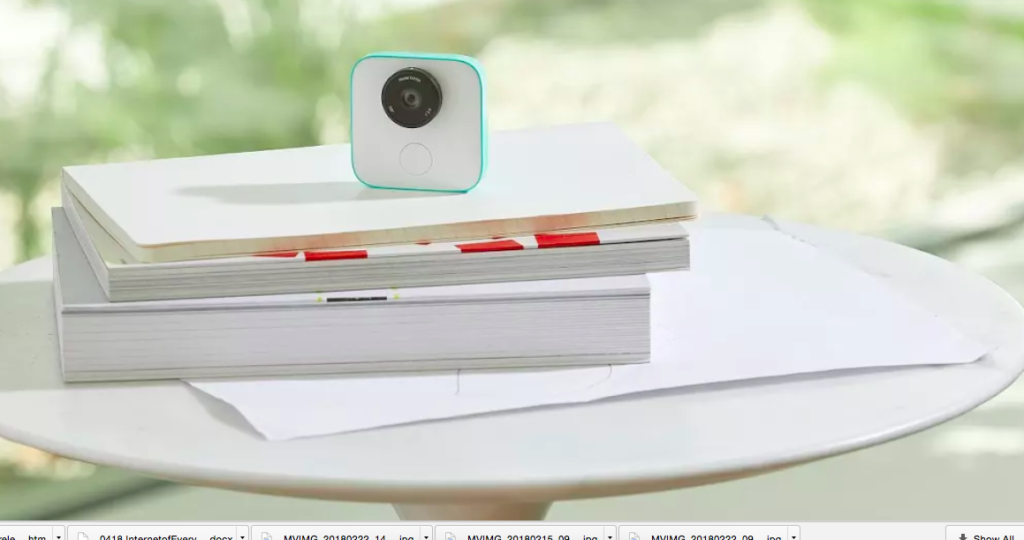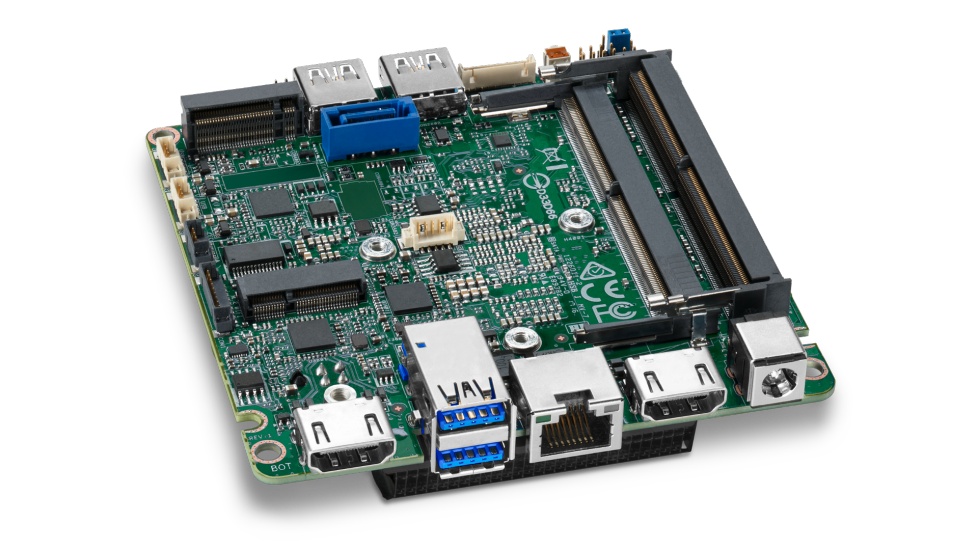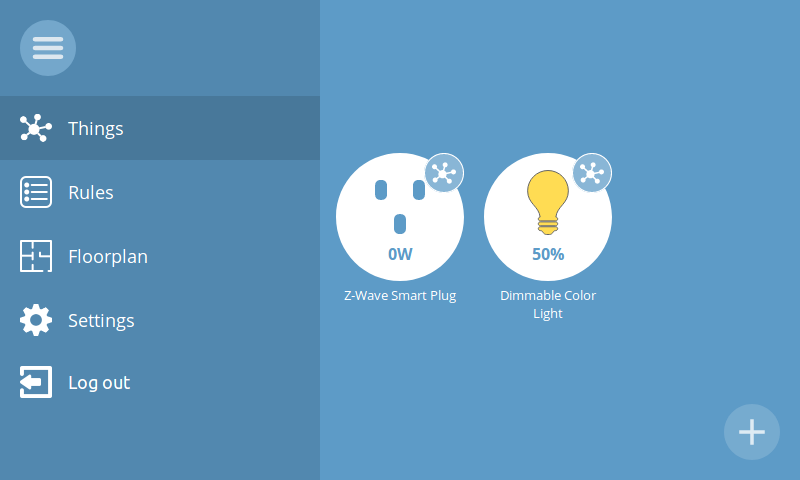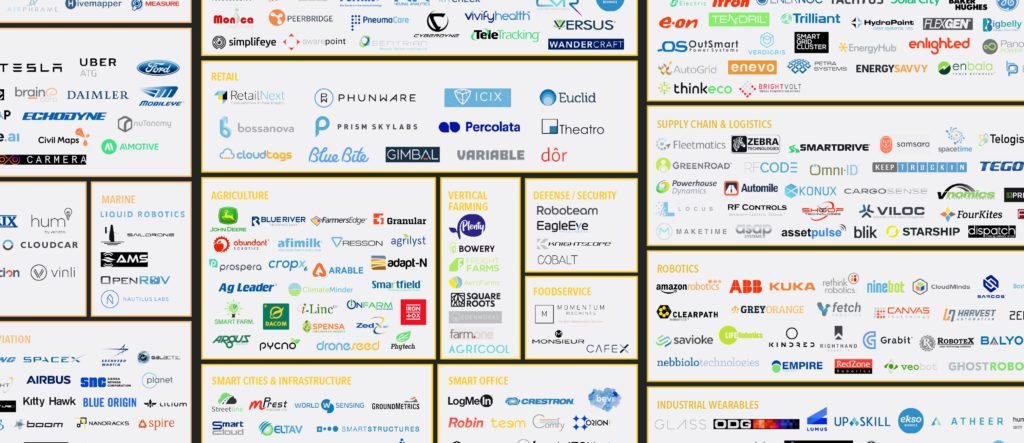Like the rest of the tech media, Kevin and I kick off the show with a discussion about data collection and privacy in light of the allegations against Cambridge Analytica. It’s a stark reminder on what can be gleaned from your information as well as how much of your data is being gathered without your knowledge or real consent. We also talk about smart home lock in, Alexa’s new “brief” mode, shopping on Google Home and my IoT Spring Clean. IBM’s new crypto chip and Watson Assistant made the show as well as several industrial IoT news bits such as Foghorn’s industrial IoT integration with Google’s cloud and a new hardware platform for IIoT from Resin.io. We also answer a listener question about IoT for new parents.
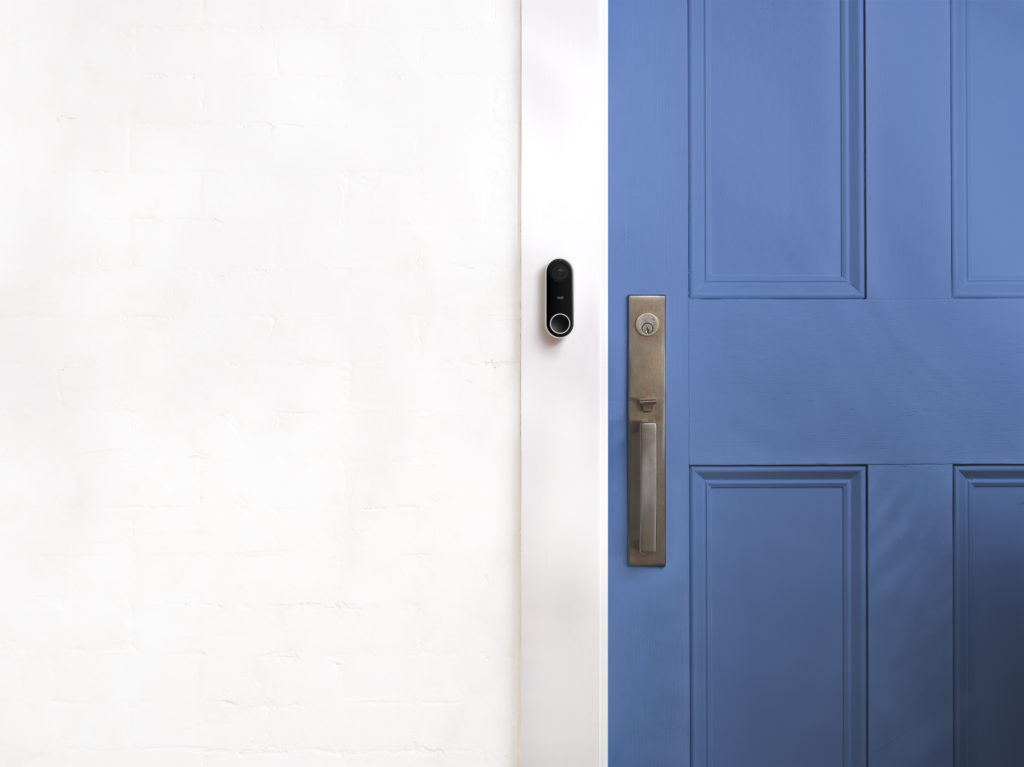
I’ve heard that smart home tech is the new equivalent of granite countertops (basically it’s a big deal for buyers) for several years now, but I had never investigated what that tech experience would look like or how it would come to be. It’s pretty complicated, as you’ll learn from David Kaiserman, president with Lennar Ventures, the investment arm of Lennar Homebuilders. Kaiserman walked me through a Lennar home outfitted with a bunch of smarts last month, and shares his thoughts on what matters to buyers and the gear inside. He also sheds light on Amazon’s Alexa-focused geek squad and explains why Lennar backed out of its plans for a Apple HomeKit home and banked on Alexa instead. Enjoy.
Hosts: Stacey Higginbotham and Kevin Tofel
Guest: David Kaiserman of Lennar Ventures
Sponsors: Samsung Artik and IoT World
- Get ready for an IoT spring clean
- Kevin thinks shopping with Google Assistant is “brilliant”
- This board’s build for industrial use
- How Amazon’s team of Alexa experts changes the smart home experience
- Why Alexa beat out HomeKit for Lennar
Podcast: Play in new window | Download | Embed
Subscribe: RSS

